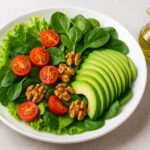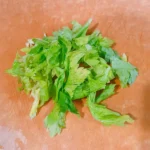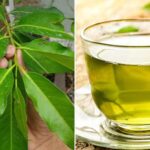Salt – An Indispensable Seasoning, but Use with Caution
In Vietnam, salt is present in every meal, from stews and soups to dipping sauces such as fish sauce, soy sauce, and chili paste. Eating salty food seems to have become an entrenched habit. However, according to the World Health Organization (WHO), each adult should consume a maximum of 5g of salt per day. Meanwhile, the latest statistics from the National Institute of Nutrition show that Vietnamese people are consuming an average of 9.4g/day – almost double the recommended amount.
Associate Professor Dr. Lam Vinh Nien (Ho Chi Minh City University Medical Center) shared: “Eating too much salt not only causes high blood pressure but is also an important risk factor for non-alcoholic fatty liver disease (NAFLD) – a condition that is becoming increasingly common in young people.”
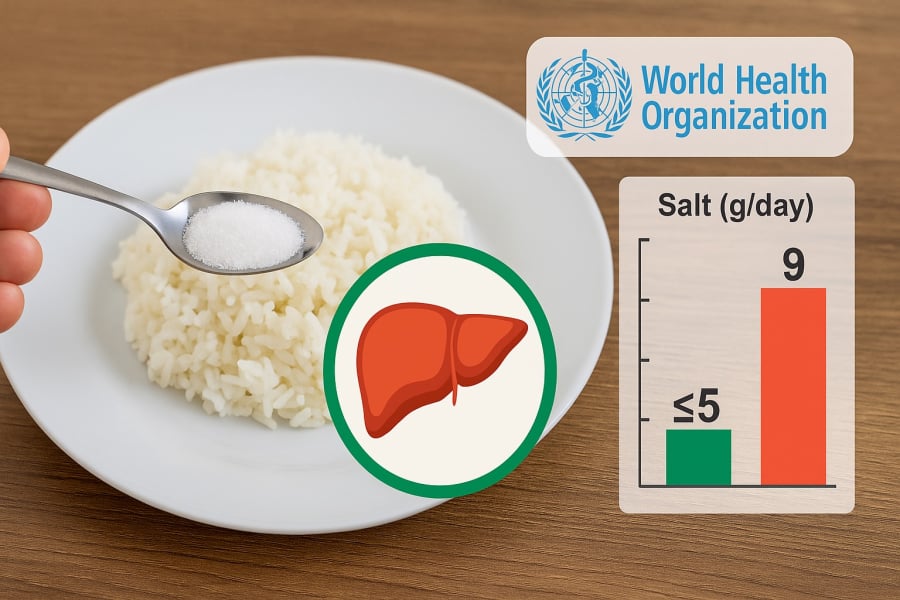
Liver Disease from Salt Intake – A Strange but Familiar Story
A study published in the journal Food Science & Nutrition in 2022 proved that people who consume a lot of salt have a 60% higher risk of developing non-alcoholic fatty liver disease than those who consume less salt. The reason is that excess salt can cause lipid metabolism disorders, leading to fat accumulation in liver cells.
It doesn’t stop there; salt also increases oxidative stress, causing liver cell damage and early cell death. This reduces liver function and, over time, can lead to cirrhosis and even liver cancer if not detected and treated promptly.
Be Wary of These Common Spices, Too
In addition to salt, there are some other common spices in Vietnamese cuisine that can silently affect liver health if overused:
- Refined sugar: Often found in cakes, soft drinks, syrups, and sauces… Sugar is a “partner in crime” in increasing fat in the liver, especially when consumed beyond the threshold of 25g per day for women (according to WHO).
- Industrial soy sauce: Some soy sauces contain high amounts of salt and fermented compounds that can produce nitrites – a substance classified by WHO as potentially carcinogenic if accumulated over time.
- Monosodium Glutamate (MSG): Although there is no research confirming that MSG directly harms the liver, the overuse of MSG can lead to taste dependence, increasing the risk of eating more salty food – which indirectly affects liver function.
Signs that Your Liver is “Crying Out” for Help
In the early stages, fatty liver disease often progresses silently without specific symptoms. But if you experience frequent fatigue, loss of appetite, pain in the upper right abdomen, or jaundice, please get checked immediately for screening.
Some people only discover fatty liver disease when they undergo a general health check-up. Therefore, maintaining a healthy diet and reducing salt, sugar, and fat intake is the simplest way to keep your liver healthy every day.
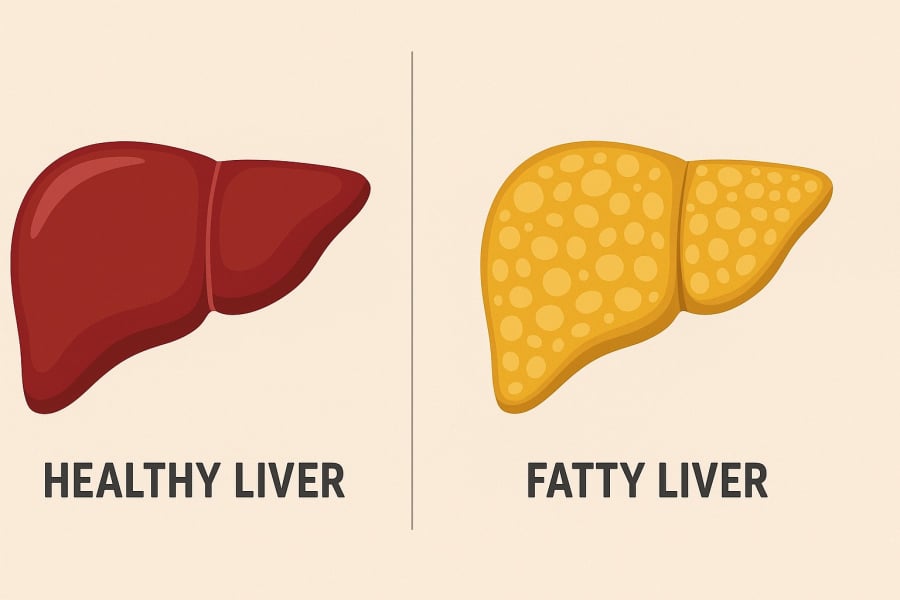
Expert Advice
- Cook and eat with less salt: Develop the habit of using natural spices such as lemon, garlic, ginger, onion, and herbs to reduce the amount of salt in your meals.
- Read food labels carefully: Choose products with low sodium content and avoid processed foods or fast food.
- Increase your intake of vegetables and fruits: They provide not only vitamins but also help the liver detoxify effectively.
- Drink enough water: Water helps the liver filter and detoxify better, while also supporting the process of fat metabolism.
Conclusion
A small spoonful of salt each day can make a meal taste wonderful, but it can also silently harm your liver if used incorrectly. Listen to your body, adjust your eating habits, and let your liver “breathe” healthily. Remember, no delicious meal is worth compromising your health for!
The Ultimate Guide to Exfoliating Your Scalp: 4 Recipes for Healthy, Bouncy Hair
Introducing our deep-cleansing scalp exfoliator – a powerful yet gentle formula that purifies and revitalizes your scalp. It effectively removes built-up dirt, oil, and impurities, leaving your scalp feeling refreshed and invigorated. With regular use, promote healthy hair growth and achieve a clean, healthy scalp.
Does Drinking Lemongrass Tea Have Any Health Benefits?
Voi [pronounced: voy] is a traditional Vietnamese herbal drink, often referred to as a ‘rustic refreshment’. This humble beverage, made from the leaves of the Voï plant, is believed to possess therapeutic properties in traditional Eastern medicine. Beyond its refreshing qualities, Voi is also revered for its medicinal benefits, offering a natural remedy for various ailments.

























